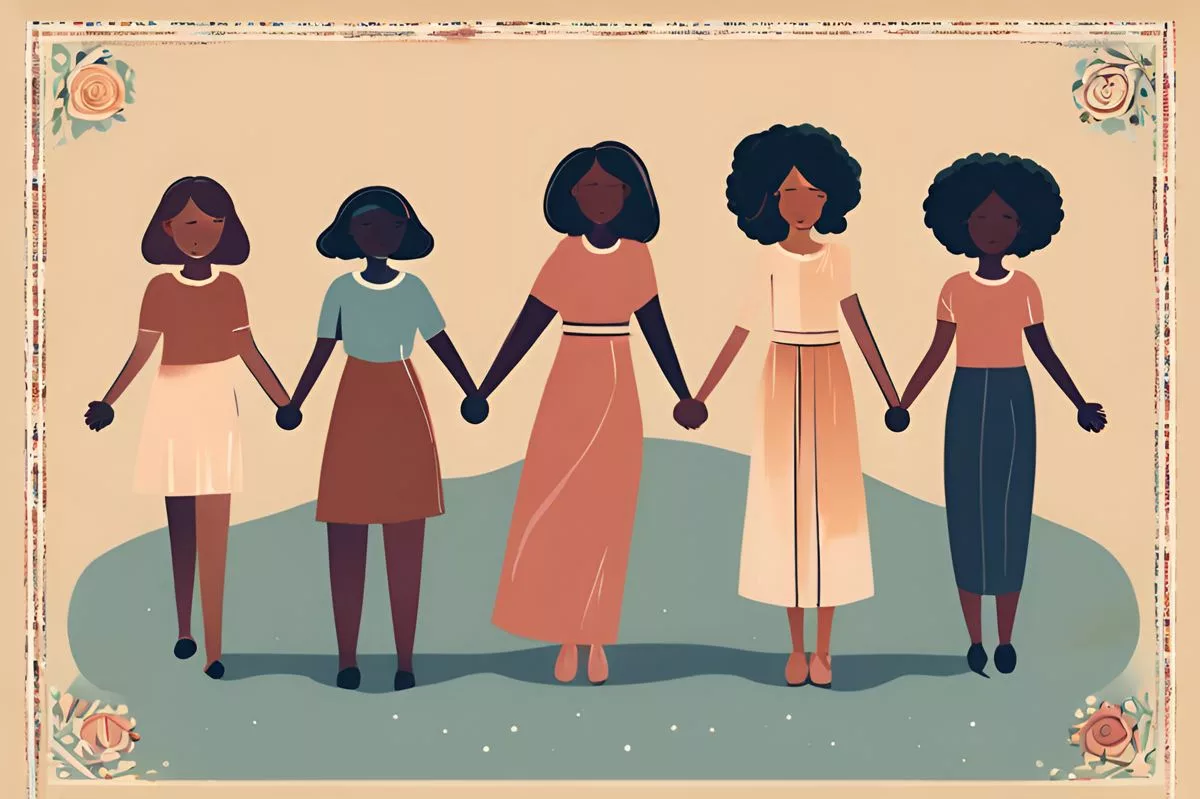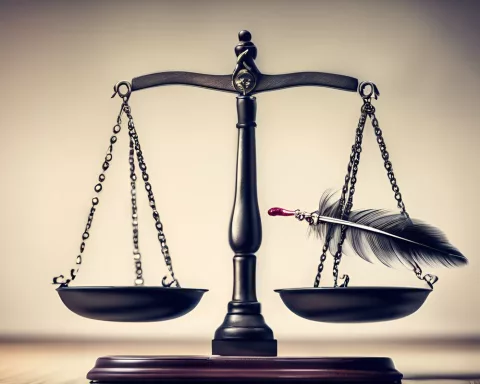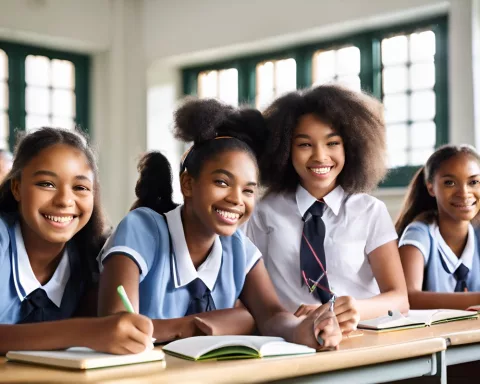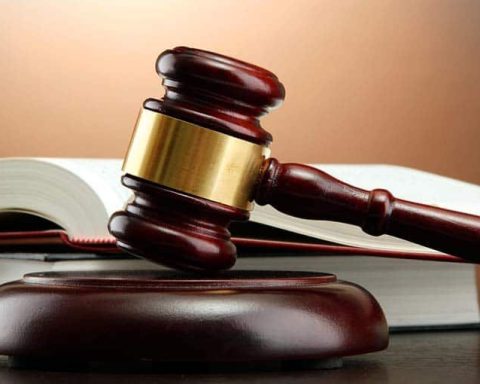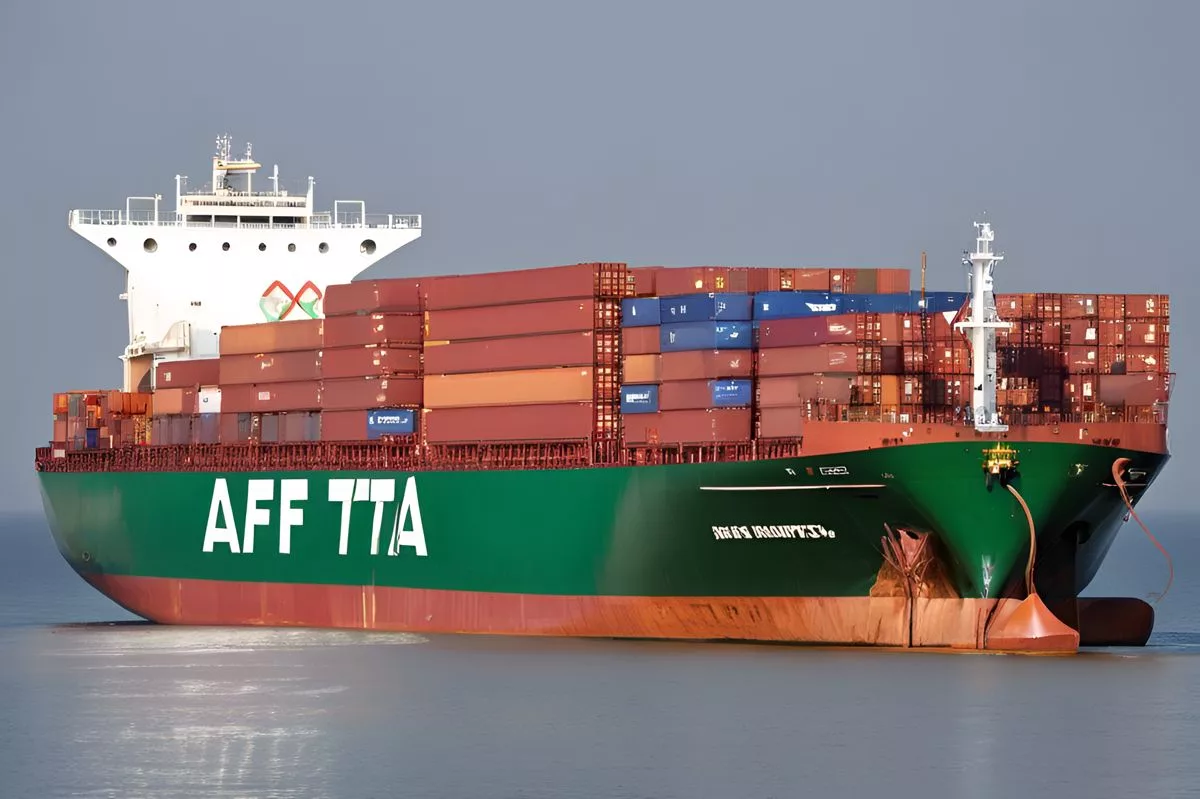The Global Women Speakers’ Summit of 2024 brought together powerful female leaders from around the world at the National Assembly of France in Paris. The summit focused on parliamentary diplomacy and women’s rights, with a strong emphasis on condemning sexual violence against women in conflict zones. The event, initiated by the first female President of the National Assembly of France, Yaël Braun-Pivet, was a landmark event in the ongoing fight for women’s representation in global leadership roles.
Empowering Female Leadership: The Global Women Speakers’ Summit of 2024. In 2024, the Women Speakers’ Summit brought together formidable female leaders from across the globe at the National Assembly of France in Paris. The gathering served as a testament to the growing recognition of the significance of women’s voices in shaping the world’s future with a focus on parliamentary diplomacy and women’s rights.
The Prestigious Gathering
In 2024, the prestigious Women Speakers’ Summit took place at the National Assembly of France in Paris, bringing together formidable female leaders from across the globe. Among the representatives was Nosiviwe Mapisa-Nqakula, the Speaker of the National Assembly, who stood as a symbol for the South African Parliament as well as the importance of female leadership in parliaments around the world.
The gathering served as a testament to the growing recognition of the significance of women’s voices in shaping the world’s future. These prominent female figures utilized the summit as a platform to exchange their ideas and experiences relating to national and international issues.
A Focus on Women’s Rights and Parliamentary Diplomacy
Central to the summit’s discussions was the emphasis on women’s rights and the instrumental role parliamentary diplomacy plays in promoting these causes. The female leaders gathered there reaffirmed their commitment to advancing women’s rights and used the occasion to spotlight significant issues.
A key topic on the summit’s agenda was the unanimous condemnation of sexual violence against women in conflict zones. A heinous breach of international law, this issue united the attendees in their resolute stance against the use of rape as a weapon of war. It highlighted the pressing need for global accountability and action.
Summit Programming and Discussions
The summit was structured into two primary discussion panels, each focusing on a range of crucial subjects. The first forum delved into issues such as education, equality, health and the fight against violence towards women. The second panel revolved around gender equality, parity, and the empowerment of women in political spheres, shedding light on the path towards increased female representation in the corridors of power.
Mapisa-Nqakula seized the opportunity to join her international colleagues in addressing a press conference about the summit’s mission. The central focus of the discussion was on empowering women globally in legislative roles, setting the groundwork for a future where women’s voices are a forceful and influential component of global dialogues.
An Interaction with Emmanuel Macron
In a significant event, the women leaders also had a meeting with the President of France, Emmanuel Macron. This interaction further underlined their global standing and influence, and their commitment to making a difference in their respective countries.
The summit, initiated by Yaël Braun-Pivet, the first female President of the National Assembly of France, was a landmark event in the continuing fight for women’s rights and representation in global leadership roles. It represented a significant step forward, serving as a beacon of hope for a future where women are not just participants, but leaders in high-level discussions and decision-making processes.
The Significance of Women’s Participation
As eloquently stated by Mapisa-Nqakula, “Women’s participation in key state institutions, particularly in leadership roles, is not just desirable but necessary. It brings diverse perspectives and approaches to governance, which are crucial for addressing the full spectrum of societal issues.” This sentiment encapsulates the spirit and purpose of the summit, representing a vision for a future that is both inclusive and equitable.
The Women Speakers’ Summit may have only spanned two days, but its impact was profound and enduring. It reiterated the vital role of women in leadership and the need to address the challenges they encounter. More significantly, it highlighted the strength of collective action and the potential for change when women unite to envisage and shape a more equitable future.
Though the summit may have concluded, its message still resonates, echoing throughout parliamentary halls worldwide and inspiring countless women to raise their voices and assume leadership roles. This gathering has left a lasting impression, contributing to the momentum for women’s empowerment and equality on a global scale.
1. What was the Global Women Speakers’ Summit of 2024 about?
The Global Women Speakers’ Summit of 2024 brought together powerful female leaders from around the world at the National Assembly of France in Paris. The summit focused on parliamentary diplomacy and women’s rights, with a strong emphasis on condemning sexual violence against women in conflict zones.
2. Who initiated the Women Speakers’ Summit?
The summit was initiated by the first female President of the National Assembly of France, Yaël Braun-Pivet.
3. What were the primary discussion panels of the summit?
The summit was structured into two primary discussion panels, each focusing on a range of crucial subjects. The first forum delved into issues such as education, equality, health, and the fight against violence towards women. The second panel revolved around gender equality, parity, and the empowerment of women in political spheres.
4. What was the significance of the women leaders’ meeting with Emmanuel Macron?
In a significant event, the women leaders also had a meeting with the President of France, Emmanuel Macron. This interaction further underlined their global standing and influence and their commitment to making a difference in their respective countries.
5. What was the message of the Women Speakers’ Summit?
The summit’s message was that women’s participation in key state institutions, particularly in leadership roles, is not just desirable but necessary. It brings diverse perspectives and approaches to governance, which are crucial for addressing the full spectrum of societal issues.
6. What was the impact of the Women Speakers’ Summit?
The Women Speakers’ Summit may have only spanned two days, but its impact was profound and enduring. It reiterated the vital role of women in leadership and the need to address the challenges they encounter. More significantly, it highlighted the strength of collective action and the potential for change when women unite to envisage and shape a more equitable future.

